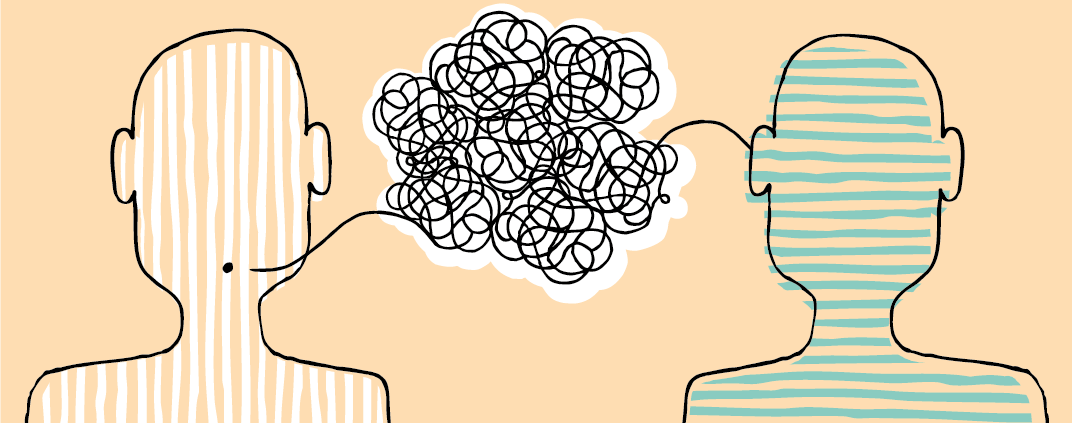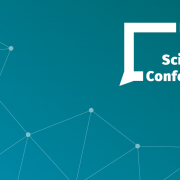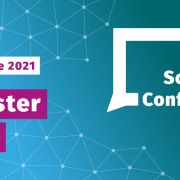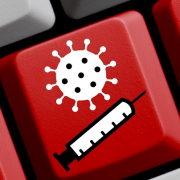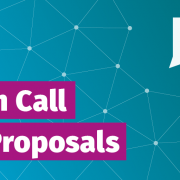“Science Communication Is How Society Talks About Science”
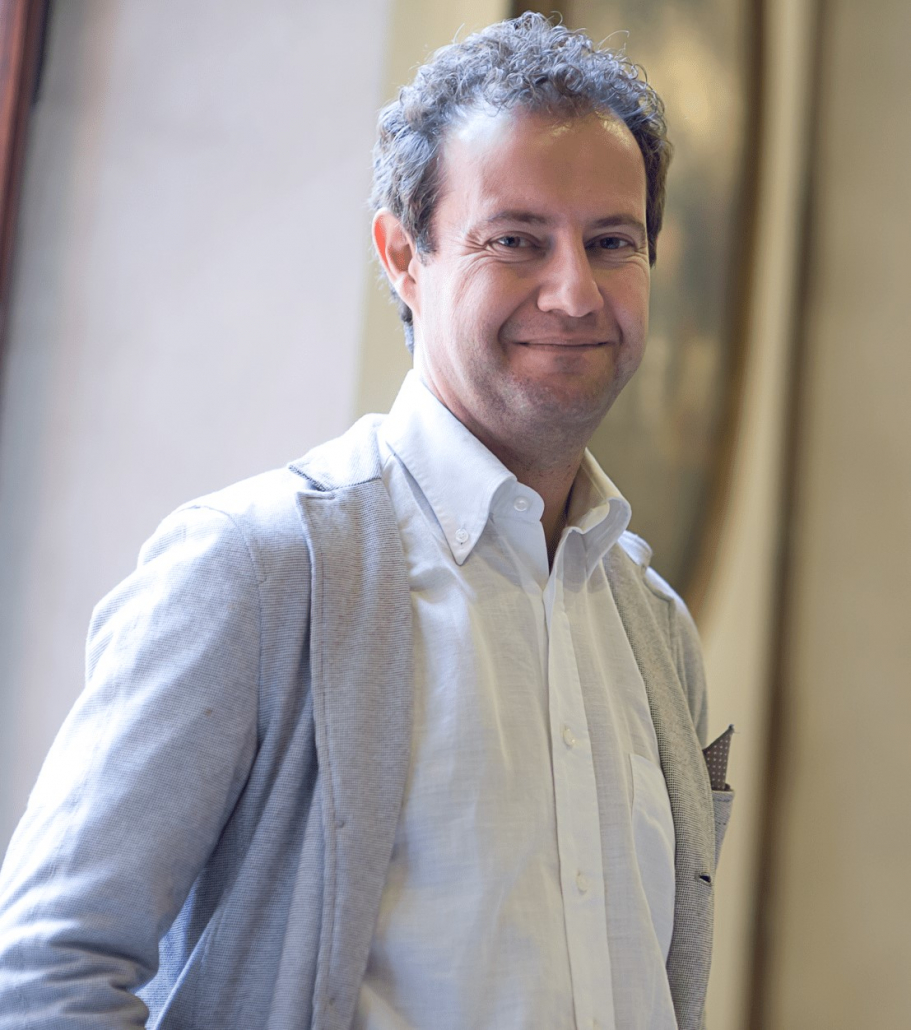
Professor Massimiano Bucchi
The increasing amount and spreading capacity of online disinformation related to critical sociopolitical issues, such as vaccines or climate change, coupled with the ongoing global health crisis of the Covid-19 pandemic have all made it painfully clear that we need to become more adept at communicating science within society. Seeking to dissect the importance of increasing and improving communication channels between science and society, we talked with Massimiano Bucchi, Professor of Sociology of Science and Communication, Science and Technology at the University of Trento and one of the leading European scholars on the science of science communication.
Professor Bucchi, together with his colleague Brian Trench, defines Science Communication as “the social conversation(s) around science” and he explains in more detail what this definition encompasses. While he certainly believes that organisations should devote more resources training experts in science communication, he also believes that there should be an increased focus on “developing communication and engagement activities that are grounded on the theoretical and empirical literature about science communication.”
“Unfortunately, a representation of the public as hostile, sceptical and ignorant is still widespread among policy makers and experts, supporting a paternalistic and authoritarian vision of science communication and of science in society.“
Question: You have been working in the field of science communication for many years, and you are now the Director of the International Master programme SCICOMM at the University of Trento. Where did your interest in the field of science communication originate from?
Massimiano Bucchi: As a sociologist, I think it is not possible to understand contemporary societies without taking into account the increasingly relevant role of science and technology. I am interested in science communication as one of the keys to study science in society dynamics and their transformations.
Q.: In a recently published essay you co-authored with Brian Trench, you define science communication as “the social conversation(s) around science.” Can you briefly elaborate on this definition?
M.B.: Science communication as social conversation is a broad, inclusive definition: science communication is “how society talks about science”, including everyday stories about science on radio programmes, in social networks, in artists’ studios, in cafés and bars. Add to that the novels, pop and rock songs, theatre and comedy performances that give presence to science in public and popular culture and in everyday life.
This view emphasizes a mode of interactive communication that is set in contrast with dissemination or other hierarchical modes, and a concept that embraces all that is being said on a certain matter in society. Our inclusive definition of science communication not only validates activities such as science cafés and science comedy that are oriented to pleasure, but also recognises as part of the wider practice of science communication the ‘spontaneous’ use in popular culture of images and ideas from and related to science.
“In many cases, communication by scientific experts (and sometimes even by research institutions) has been guided mostly by personal goodwill and inclination, without much consideration given to the extensive literature available on this topic, to data on public perception and audience intelligence .”
Q.: Why do we need experts specialising in science communication?
M.B.: We certainly need resources trained in science communication, particularly for research organisations. The point is not so much teaching practical science communication skills, or training science journalists (for whom, unfortunately, there are very few jobs) but developing communication and engagement activities that are grounded on the now vast and profound theoretical and empirical literature about science communication, its actors, processes and audiences.
Q.: In a 2010 commentary piece, you argued that science communication “is not (yet) established as an academic discipline but that [it] could emerge as a discipline with strong interdisciplinary characteristics.” Do you think this has changed over the last decade?
M.B.: Yes, the field has become more structured and established. But the importance of high quality science communication, which cannot be improvised or left to the individual talent or good will of natural scientists or general staff has still to be understood in many research and policy organisations.
“I am not sure misinformation is the main challenge, at least in the narrow way in which it is usually defined through terms like “fake news”. The broader, central challenge is the quality of science communication: how to improve it, how to reward it, how to distinguish it.”
Q.: What do you think the Covid-19 pandemic has demonstrated about what is done right, and what still needs to improve in the way we communicate science? What would you say is the main impact that the pandemic has had in the field of science communication?
M.B.: We have been through the most spectacular science communication experiment in human history. Several international studies found citizens to be in general attentive to communication about the pandemic provided by health institutions and mostly sceptical of social media, with trust in institutions playing a key role.
The unprecedented exposure of expert sources across the media has found many institutions unprepared to deal with such responsibility. In many cases, communication by scientific experts (and sometimes even by research institutions) has been guided mostly by personal goodwill and inclination, without much consideration given to the extensive literature available on this topic, to data on public perception and audience intelligence
Q.: What are effective ways in which science communicators can contribute to the fight against scientific disinformation (i.e. on topics like anti vaccination or climate change denialism)?
M.B.: I am not sure misinformation is the main challenge, at least in the narrow way in which it is usually defined through terms like “fake news”. The broader, central challenge is the quality of science communication: how to improve it, how to reward it, how to distinguish it from low quality, improvised science communication with unclear aims and limited intelligence of the context. Another long-term, educational challenge is building awareness for the quality of information and its value and cost (not just about science) among citizens.
Unfortunately, a representation of the public as hostile, sceptical and ignorant is still widespread among policy makers and experts, supporting a paternalistic and ultimately authoritarian vision of science communication and of science in society. As the literature from the past two decades clearly shows, this representation largely reflects unfounded prejudices.
Q.: What advice do you have for experts that wish to go in the science communication field?
M.B.: Study and read broadly: history of science, sociology, psychology, literature.
Q.: Many creative formats, such as Nerd Nite, Pint of Science, or Long Night of Museums have been established to communicate science in a fun and innovative way, mixing knowledge with entertainment. What is your opinion of such formats?
M.B.: The idea that the format shapes or guarantees the quality of the content today is very popular but probably misleading. Some of the content hosted within such formats may be more interesting or fun. However, we should look at the long-term consequences of such formats in terms of audience perception. Do they convey an idea that science – and science communication – can be easily and quickly improvised? This may not be a very constructive message, particularly for younger generations.
—
Professor Massimiano Bucchi will be one of the panelists at this year’s Future of Science Communication Conference 2.0, organised by Wissenschaft im Dialog in partnership with ALLEA. The conference will take place in Brussels on 26 April 2022.
About Massimiano Bucchi
Massimiano Bucchi (Ph.D. Social and Political Science, European University Institute, 1997) is Full Professor of Science and Technology and Society and Communication, Science and Technology at the University of Trento and Director of the International Master programme SCICOMM.
He has been visiting professor in Asia, Europe, North America and Oceania. Since 2018, he is director of the Master in Communication of Science and Innovation. He is the author of several books (published in more than twenty countries) and papers in journals such as Nature, Science, PLOS ONE. Among his books in English: Science and the Media (Routledge, 1998); Science in Society (Routledge, 2004); Beyond Technocracy (Springer, 2009); Handbook of Public Communication of Science and Technology (2 eds. 2008, 2014, with B. Trench, Routledge) and the 4 vols. anthology The Public Communication of Science (Routledge, 2016). He has been the editor of the international peer reviewed journal Public Understanding of Science (Sage, 2016-2019) and regularly contributes to newspapers and TV programmes.
Recently published articles by Massimiano Bucchi
To boost vaccination rates, invest in trust
Rethinking science communication as the social conversation around science
Public Perception of COVID-19 Vaccination in Italy: The Role of Trust and Experts’ Communication

